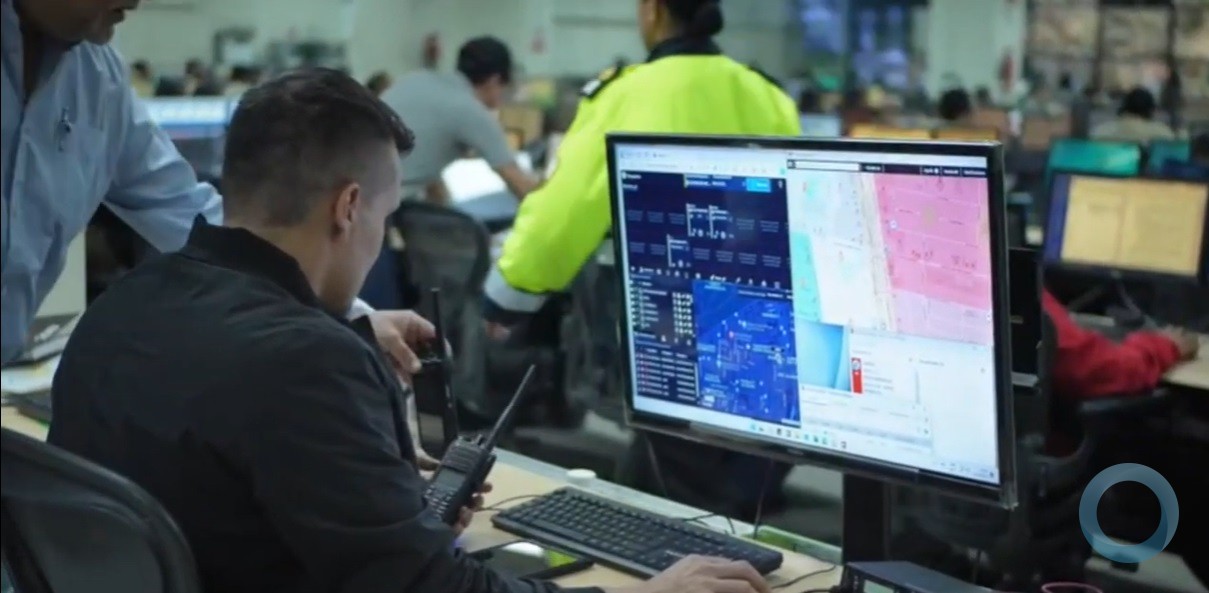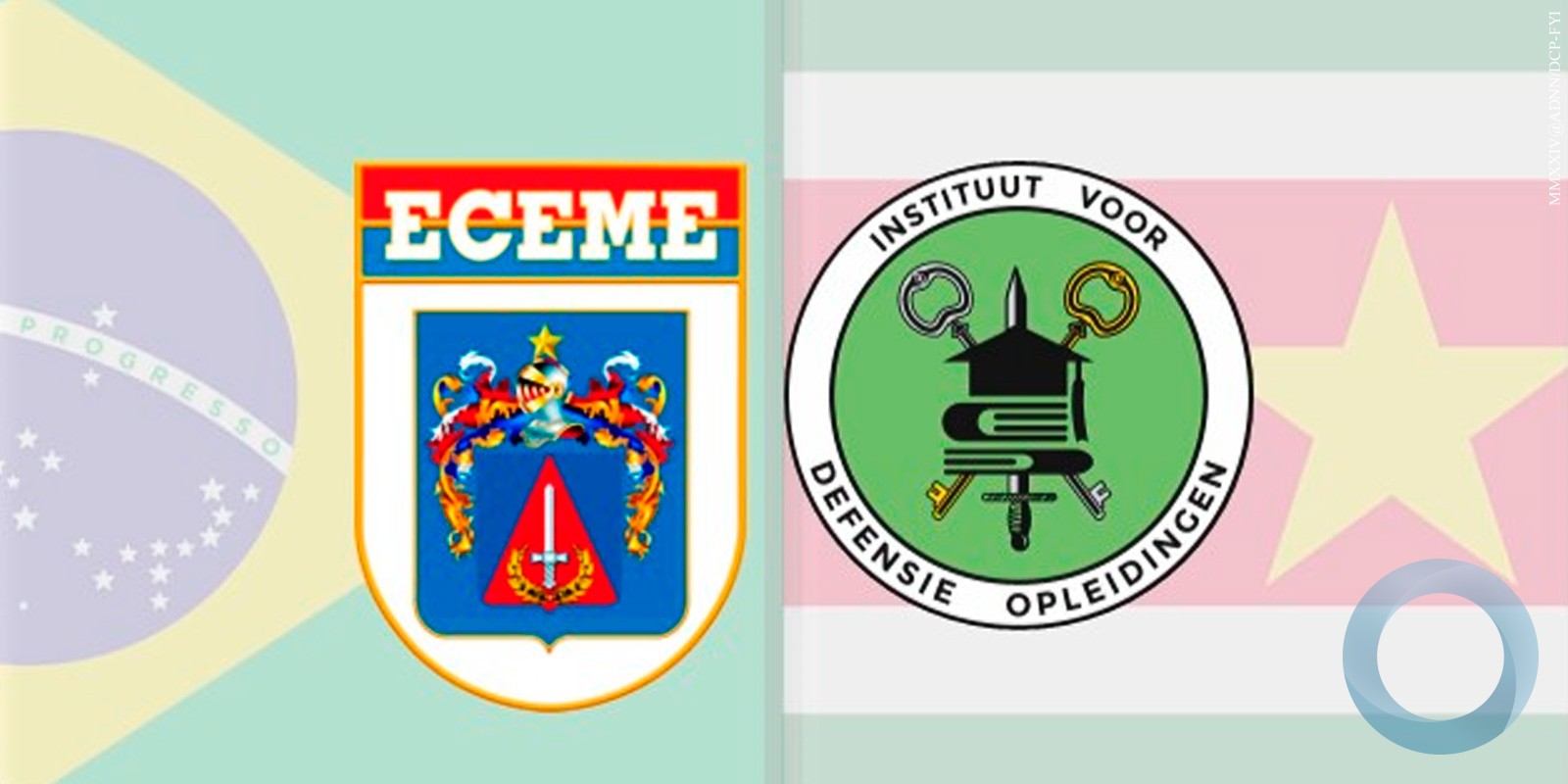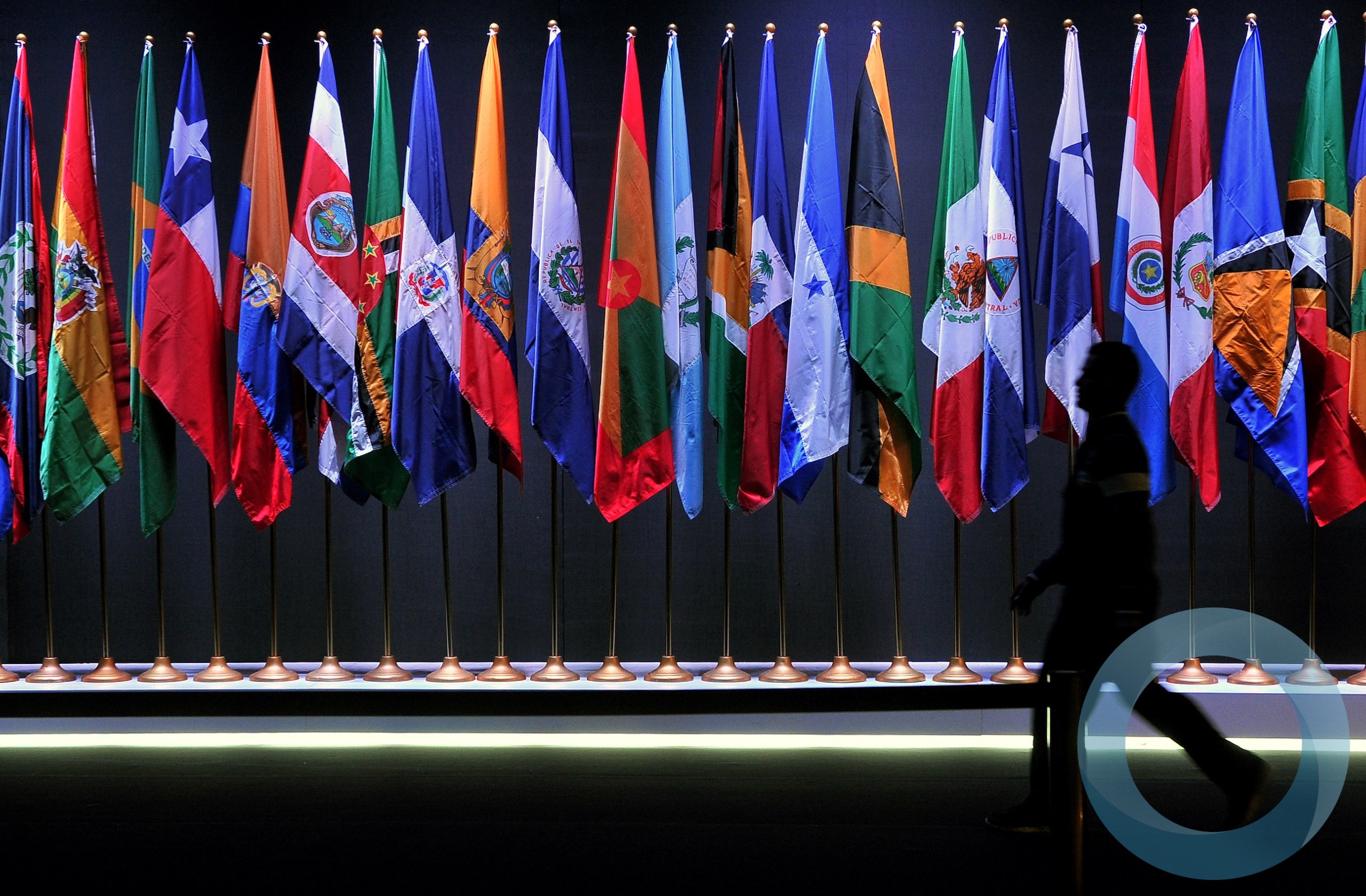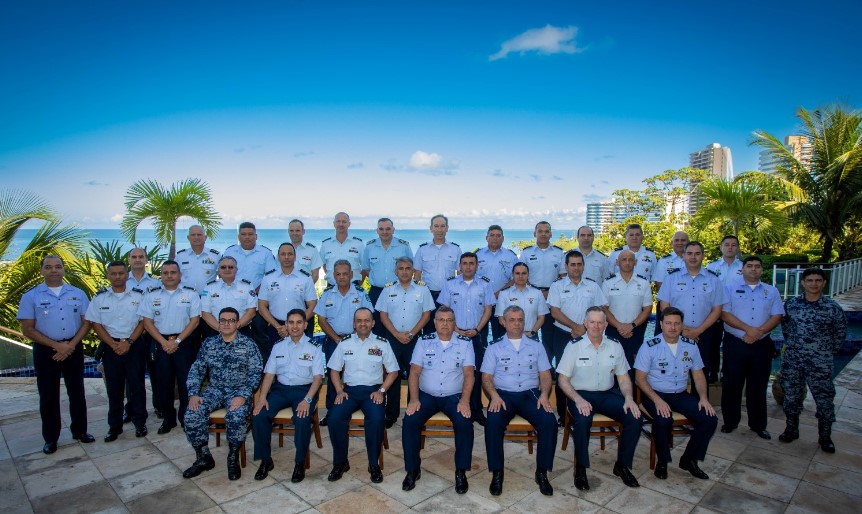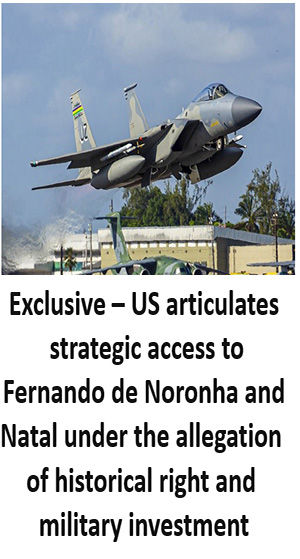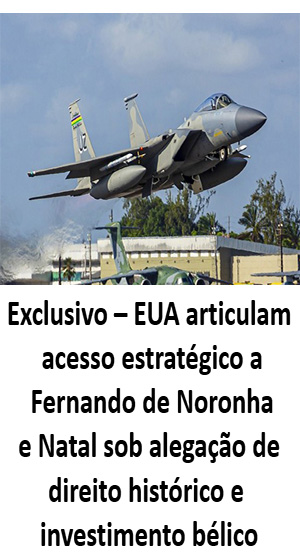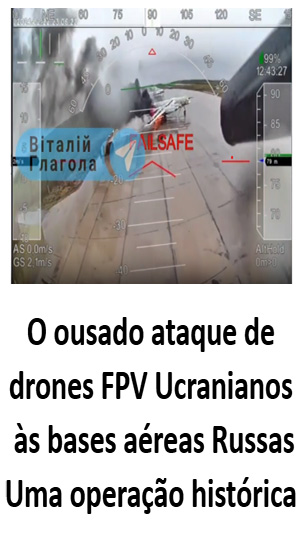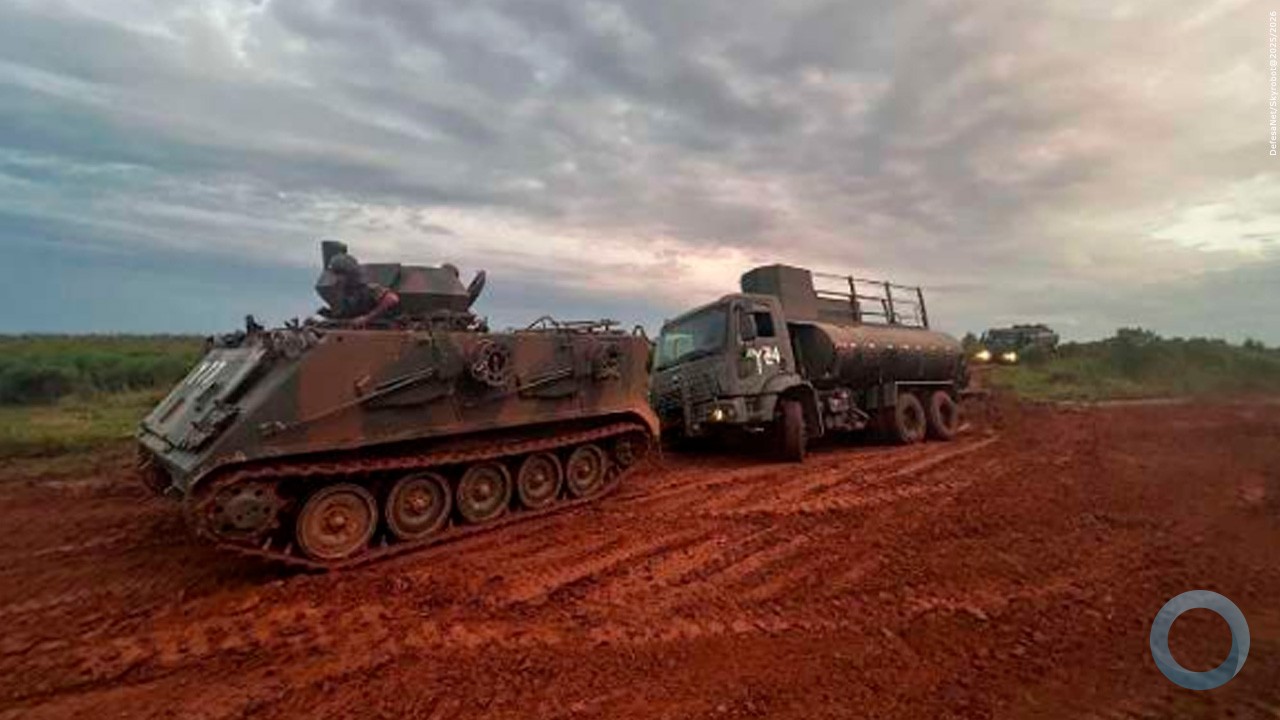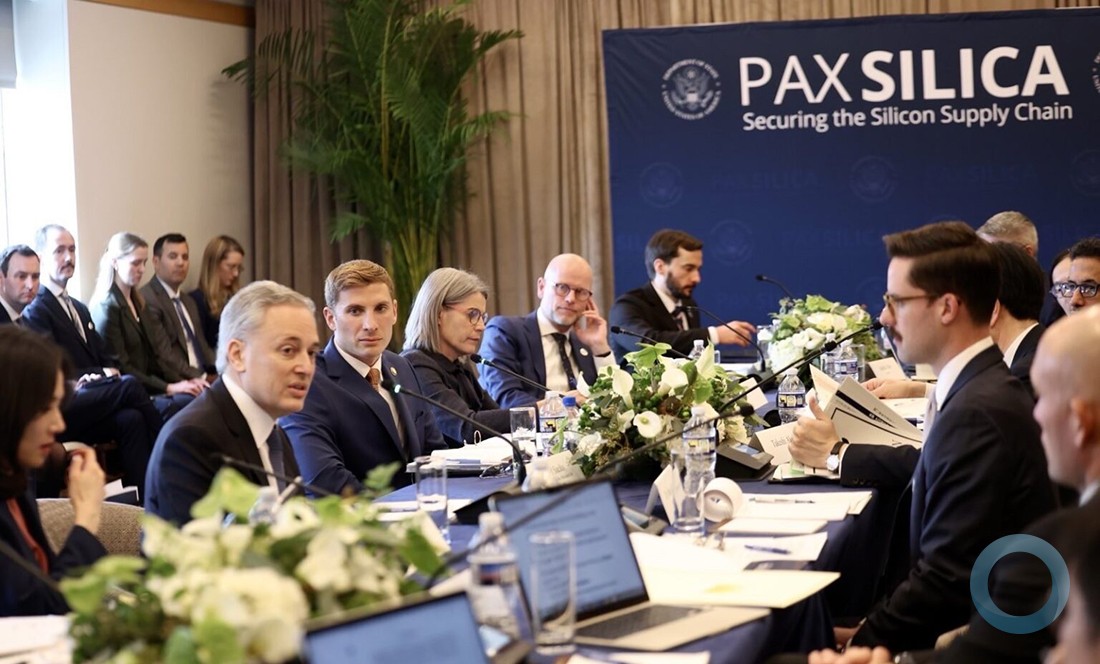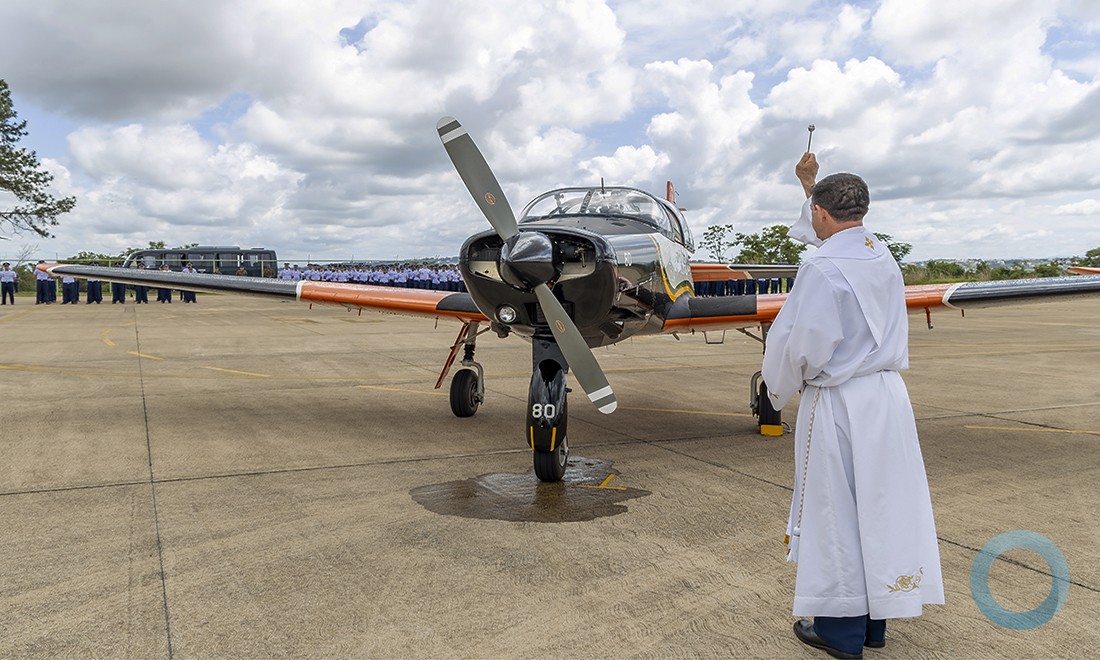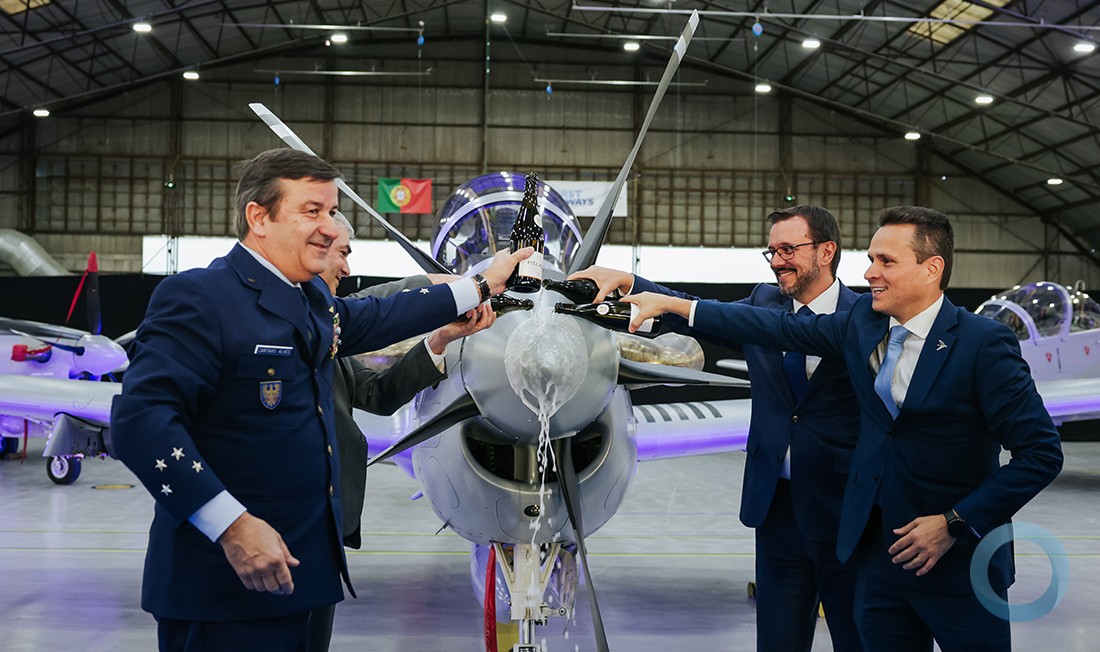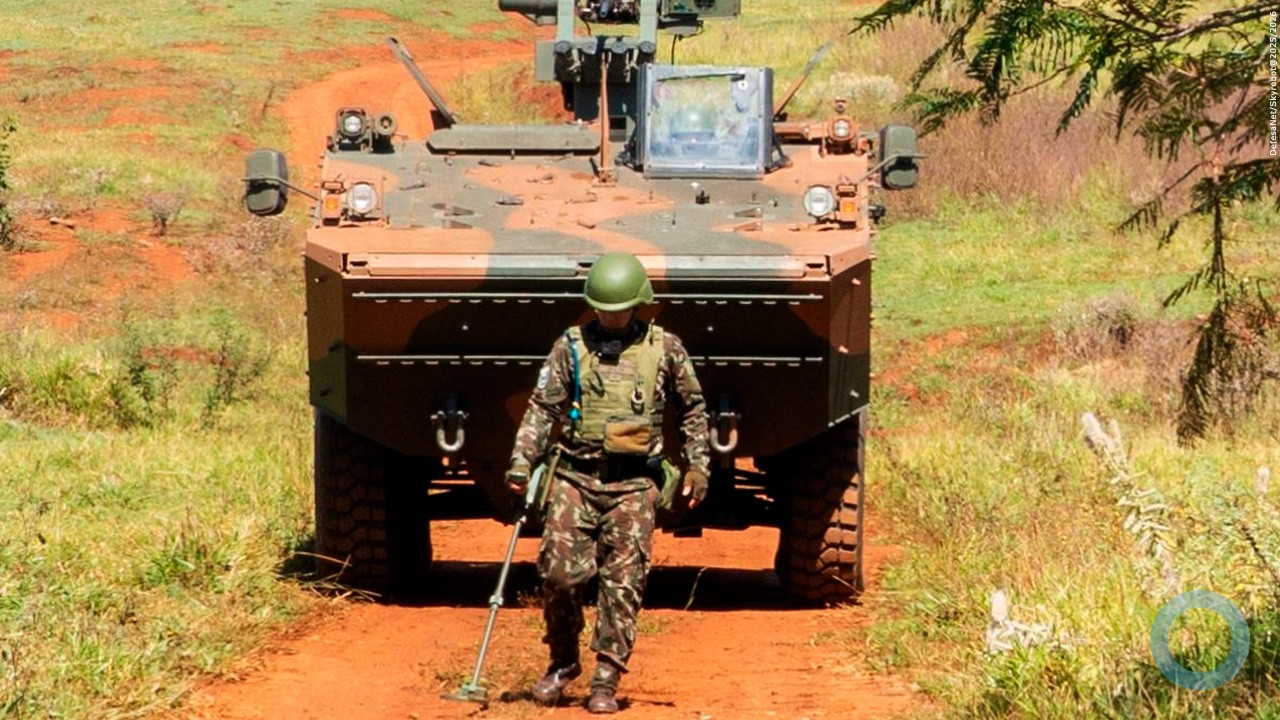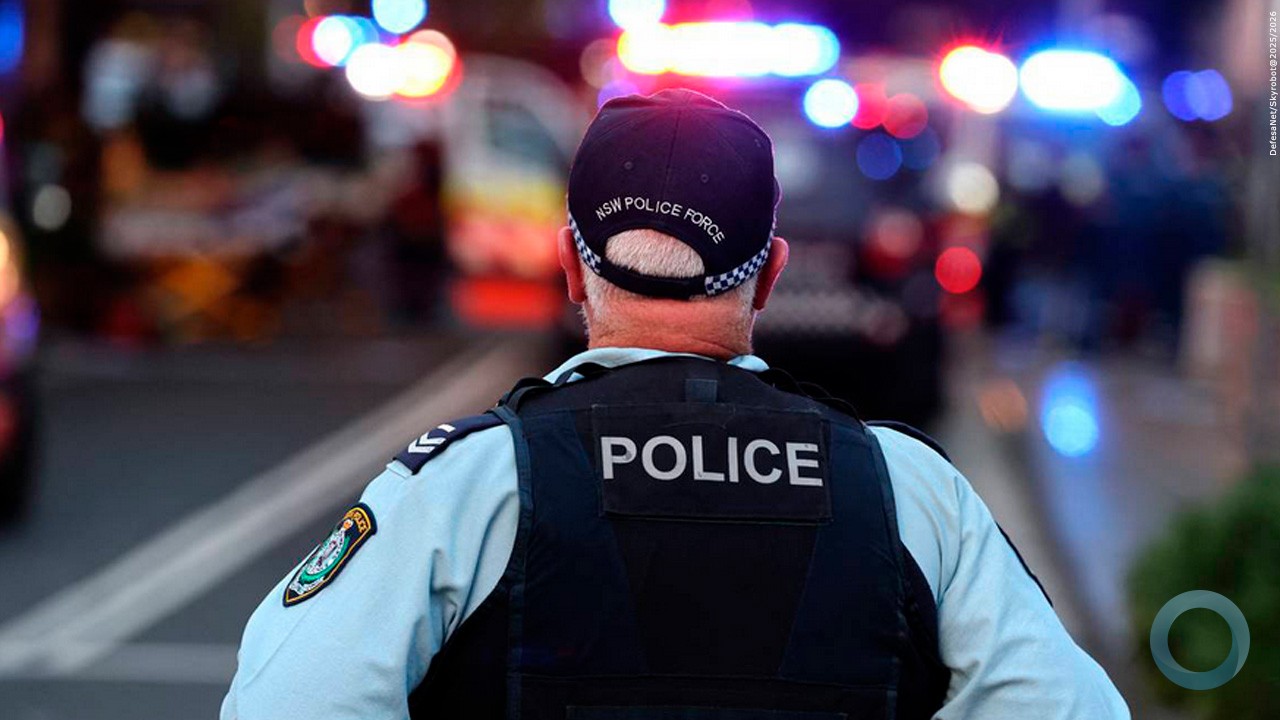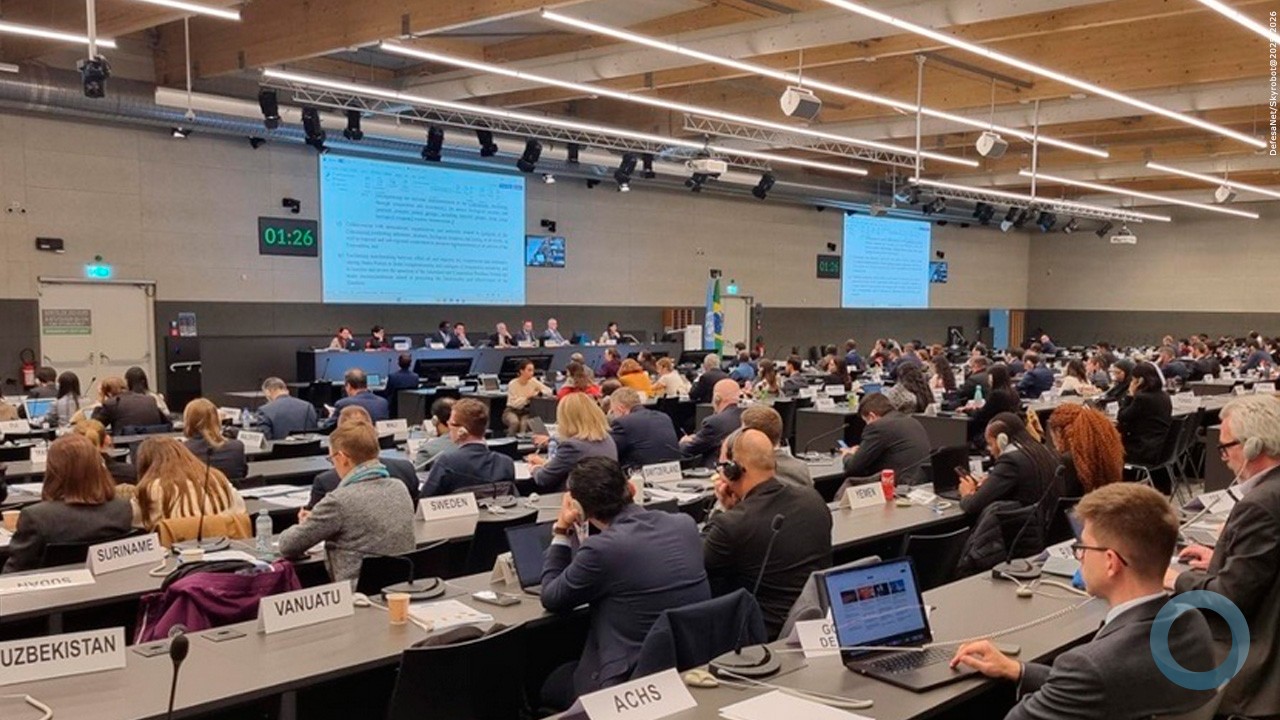Julieta Pelcastre
Paraguayan Troops are training in their country this month with several service members from the U.S. Army Special Forces from the North Carolina National Guard to reinforce cooperation in the fight against drug trafficking and terrorism.
“This cooperation between the two countries will occur at Army facilities and the installations of the Marine School,” said Colonel Jorge Mieres, spokesman for the Paraguayan Armed Forces.
The collaboration comes after President Horacio Cartes asked the legislature on May 5 to authorize “the temporary admission to our country of a group of guest instructors from Company B, 3rd Battalion, 20th Group of Special Forces, Airborne, from the North Carolina National Guard, along with their equipment, weapons, and ammunition, which will be used during Joint Combined Exchange Training in June 2015.” Paraguay's Congress approved the initiative on May 7.
Between 80 and 100 service members from Paraguay's Army, Air Force, Navy, and Logistics Command will participate, exchanging with their American counterparts experiences of combating guerrilla groups and urban insurgencies — all with the aim of fostering security, primarily in the northern part of the country. Its Military will train to optimize nocturnal combat capabilities, and also strengthen patrol, review, and detection operations to fight drug and weapons trafficking; they'll also train in the use of explosives and communications.
“The training will strengthen our intelligence operations in the fight against the so-called Paraguayan People’s Army (EPP), the Armed Peasant Association (ACA), drug trafficking, and other organizations that perpetrate criminal acts,” Col. Mieres said.
Paraguayan Troops travel abroad for training
The initiative is just one instance of Paraguay's frequent cooperative training sessions with partner nations — an approach that not only exposes its Military to diverse perspectives and experiences, but strengthens the bonds of international cooperation. Both are key components of Paraguay's strategy to fight organized crime groups which traffic drugs.
On May 12, for example, 80 service members from the Paraguayan Armed Forces traveled to Colombia to begin a three-month training course at the Colombian National Army’s Professional Soldiers’ School (ESPRO). The group, consisting of three junior Officers and 77 NCOs from the Army, Navy, and Logistics Command, is learning about fighting narcoterrorism structures; it's the second contingent of Paraguayan service members to travel to train with the Colombian Army.
And in the last week of March, Paraguayan service members attended a two-day course on intelligence work delivered by experts from the United Kingdom at the headquarters of the Paraguayan Chief Command. Further cooperation with the United Kingdom could occur in the areas of logistics and technology.
“Front-line training is necessary to consolidate the relationships and the Armed Forces’ joint capacities against all facets of organized crime,” Rodríguez said.
A history of cooperation
This month's session continues a long tradition of cooperation between Paraguayan and U.S. security forces.
“This is part of the cooperation between the two countries in military matters. Every year, foreign professionals visit to provide training for our Officers, and they are a great help, because they train them well on combating terrorism and in other areas where our personnel need continuing education,” General Luis Gonzaga Garcete, told Paraguayan daily Última Hora on May 14, after participating in Paraguay’s Independence Day festivities.
“The presence of Officers at the training is vitally important, because they will be the ones responsible for sharing the knowledge they acquire with other service members,” Col. Mieres said.
The government of Paraguay is prioritizing the joint training, which Military authorities said would help the Armed Forces attain its goals in the fight against terrorism and narcotrafficking.
“The Army, Navy, and Air Force seek to meet important strategic objectives in their fight against irregular forces that are at work in this country,” said Héctor Fabio Rodríguez, a member of the Latin American Security and Defense Network (RESDAL) in Paraguay, a collaborative network to promote democratic insitutions in the field of security and defense.
Since 2001, drug traffickers in Paraguay, Peru, Bolivia, and Brazil have forged an alliance to export drugs throughout the world. This criminal partnership has about 30,000 operatives who transport drugs worth billions of dollars — as much as $2.9 billion annually, according to the research conducted by Brazilian journalist Guilherme Amado for Brazilian daily website O Globo .
Organized crime groups no longer just use Paraguay as a transshipment point for transporting cocaine; they are now producing narcotics in the country in clandestine labs. But as the drug trade has grown, so has the Paraguayan Military's resolve to battle drug trafficking.
Their resolve has earned the confidence of the general public.
“The civilian population trusts the Paraguayan Armed Forces because they are doing everything they can to eradicate domestic and global threats," Col. Mieres said. “The government of Paraguay plans to obtain cutting-edge equipment to fight these threats.”






